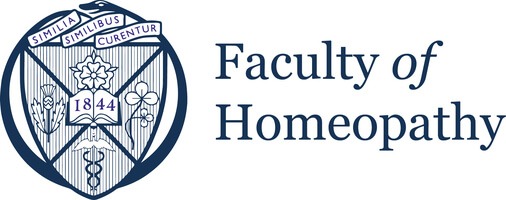Micronutrients are chemical elements or substances our body requires to grow, develop and function normally, such as vitamins, minerals and amino acids.
Vitamins are molecules required by the body in small amounts for a variety of essential processes in the body.
Most vitamins cannot be synthesised by the body, so they must be obtained by the diet. In the case of vitamin D, it also needs to be activated by the action of sunlight on the skin.
Small amounts of niacin (vitamin B3) can be made from the amino acid tryptophan, and a minimal amount of vitamin B12 can be produced by bacteria in our large intestines.
Vitamins have a diverse range of functions in the body, and the most common are:
Vitamins can be classified as water-soluble or lipo-soluble (soluble in fat).
Water-soluble vitamins are not stored in the body, and therefore there is no risk of overdosing; however, on the other hand, the body needs a continuous supply through a steady daily intake.
Water-soluble vitamins are the “Bs” and vitamin C.
It is also known as ascorbic acid - it is an antioxidant and helps protect cells from free radicals.
It is needed by the body to make collagen—the most abundant protein in the body, which helps keep bones, skin, teeth and blood vessels healthy.
It works with other B-group vitamins to help break down and release energy from food, break down alcohol and metabolise carbohydrates and amino acids.
It also plays a vital role in transmitting nerve impulses by keeping nerves healthy.
It keeps skin, eyes and the nervous system healthy and helps the body metabolise carbohydrates, protein, and fats. Riboflavin also enhances the function of some other B Vitamins.
It helps produce energy from the foods we eat, as well as helps keep the nervous and digestive systems healthy. Niacin protects the health of skin cells and keeps the digestive system functioning correctly.
In large amounts, Niacin can help lower LDL and triglyceride levels while raising HDL (good cholesterol) levels.
All tissues in the body convert absorbed niacin into its main metabolically active form, the coenzyme nicotinamide adenine dinucleotide (NAD).
More than 400 enzymes require NAD to catalyse reactions in the body, which is more than for any other vitamin-derived coenzyme.
NAD is also converted into another active form, the coenzyme nicotinamide adenine dinucleotide phosphate (NADP), in all tissues except skeletal muscle
Allows the body to obtain energy from carbohydrates, protein and fat. Your body also uses Pantothenic Acid to produce hormones and cholesterol.
It is also known as Pyridoxine - it acts as a co-enzyme, which means it helps chemical reactions take place. It plays a vital role in the creation of non-essential amino acids and helps your body break down glycogen, which is the storage form of glucose.
Vitamin B6 also helps your body metabolise carbohydrates, protein and fat and keeps your immune system and nervous system healthy.
Known as Folate in its natural form, it works together with Vitamin B12 to form healthy red blood cells. As your body needs Folate to create DNA, it plays a vital role in preventing birth defects during early pregnancy.
Is involved in making red blood cells and keeping the nervous system healthy. The body also needs Vitamin B12 to metabolise fatty acids and amino acids and to synthesise the DNA in your cells.
Lipo-soluble vitamins are vitamins which need fat to be absorbed by the body. Since they don’t dissolve in water, they are not excreted with urine and can accumulate in our body and cause toxicity.
The most common dietary form of vitamin A is retinol. Other forms — retinal and retinoic acid — are found in the body but absent or rare in foods.
Its functions include maintaining the light-sensing cells in the eyes and the formation of tear fluid; Immune function: Vitamin A deficiency impairs immune function, increasing susceptibility to infections; cell and hair growth.
Vitamin D is crucial in many body functions, but only a few are well researched, such as maintaining our bone structure and co-regulate our immune system.
Its primary role is to act as an antioxidant, preventing oxidative stress and protecting fatty acids in your cell membranes from free radicals.
These antioxidant properties are enhanced by other nutrients, such as vitamin C, vitamin B3 and selenium.
In high amounts, vitamin E also acts as a blood thinner, reducing the blood's ability to clot.
Vitamin K plays an essential role in blood clotting. Nevertheless, vitamin K has other functions as well, including supporting bone health and helping prevent the calcification of blood vessels, potentially reducing the risk of heart disease.
Are you looking for a more convenient administration of your IV vitamin therapy in London? Our at home iv therapy service could be the solution you are looking for.

Consultant in General Internal Medicine (GMC reg. number: 7541548) and Specialist in Complementary Cancer Care
MBBS, MRCIM (Spain), MSc Homeopathy, MFHom, Master practitioner in Ericksonian Hypnotherapy and Neurolinguistic Programming, MSc in Nutrition
Integrated medicine Doctor and Holistic Medicine Practitioner



